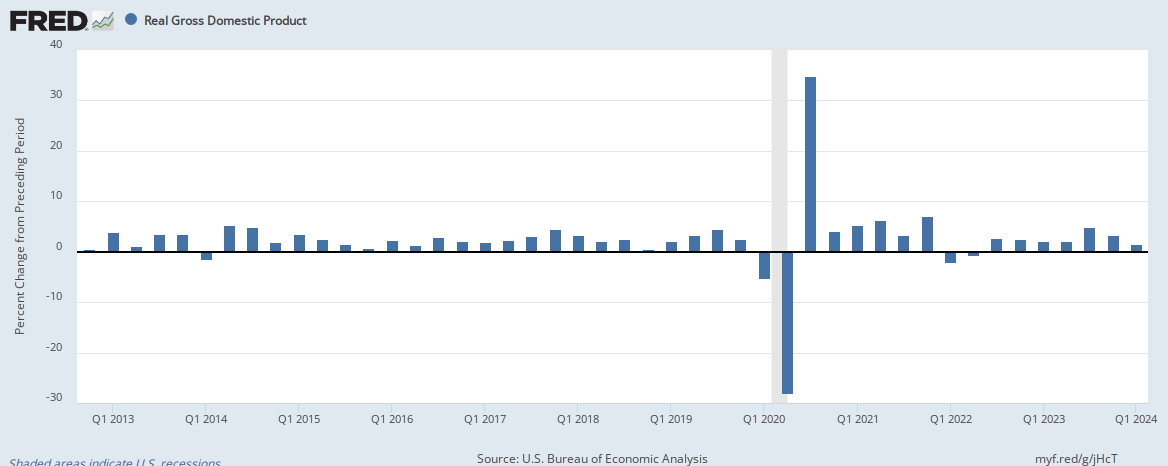- Joined
- Mar 18, 2018
- Messages
- 47,631
- Reaction score
- 16,561
- Location
- San Diego
- Gender
- Male
- Political Leaning
- Other
I think there are actually two phases to Trump's tax cuts. A lot of companies moved on their own because they knew what the tax cuts would bring; they acted on anticipation and knowledge. The actual effect from the law going into effect will take longer. You're correct on that.You can't argue two opposite positions at the same time, such as arguing that tax-cuts improving the economy in a slow process, then assigning credit to the tax-cuts for companies increasing pay.
The reality is that companies gave announced pay raises and bonuses in 2016 also. The Trump Admin made a big deal about WalMart giving raises after the tax-cuts. They made no mention that WalMart gave 1,000,000 employees raises in 2016.
The reality is also that tax-cuts are long term affairs. The problem (discussed in this Paul Krugman piece):
I've said a couple of times that Presidents can effect the economy not just on the bills and programs they enact, but also on the enthusiasm and optimism they create in the minds of economic decision makers - business owners, entrepreneurs, investors, consumers.
Obama screwed the pooch early on when he stated he was more interested in a "fair" tax system than one which maximized revenues. His whole mantra about "making the rich pay their fair share" was a class warfare broadside against economic growth as was his promise to cause energy prices to skyrocket. That was a mortal wound to the economy. Even some more liberal CEO's, who initially supported him turned into harsh critics. Given all that it's hardly surprising the economy under Obama was lackluster at best.
Trump came along, ended up winning at the economy began singing "ding, dong the wicked ***** is dead". Just on the possibility that things were looking up the stock market rose dramatically. And when Trump finally delivered on his promises for tax cuts some of the bolder companies jumped on the band wagon.
So now the cuts are law and the longer term effects will begin to show.
PS: I love your link: NYT's little "nuh-uh" rebuttal to try and diminish Trump's success. Funny that it would be Walmart - one of the left's favorite corporate whipping boys that they cite.


